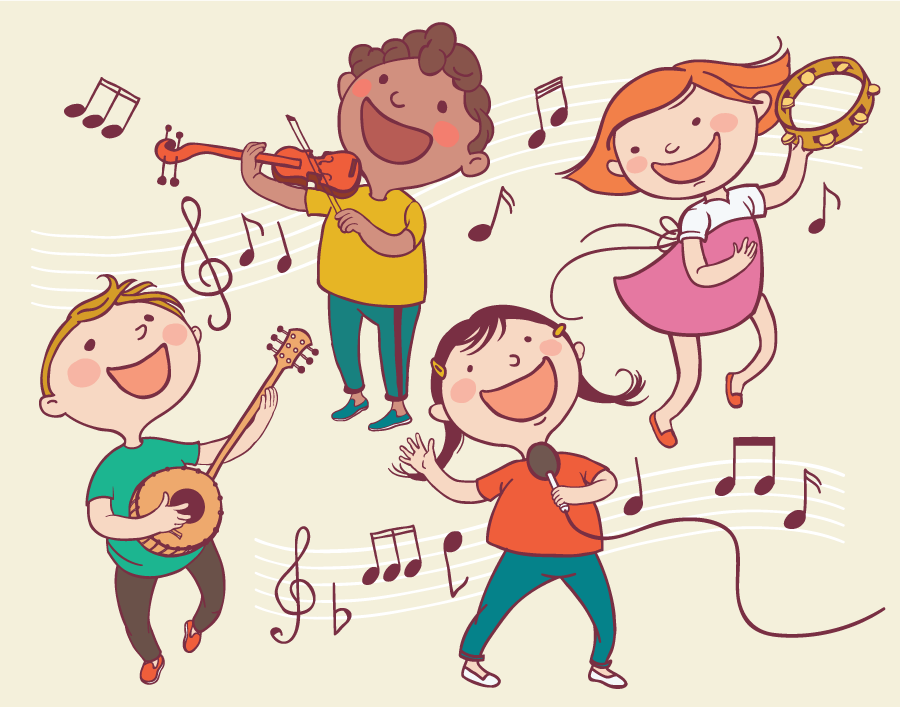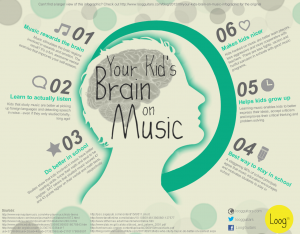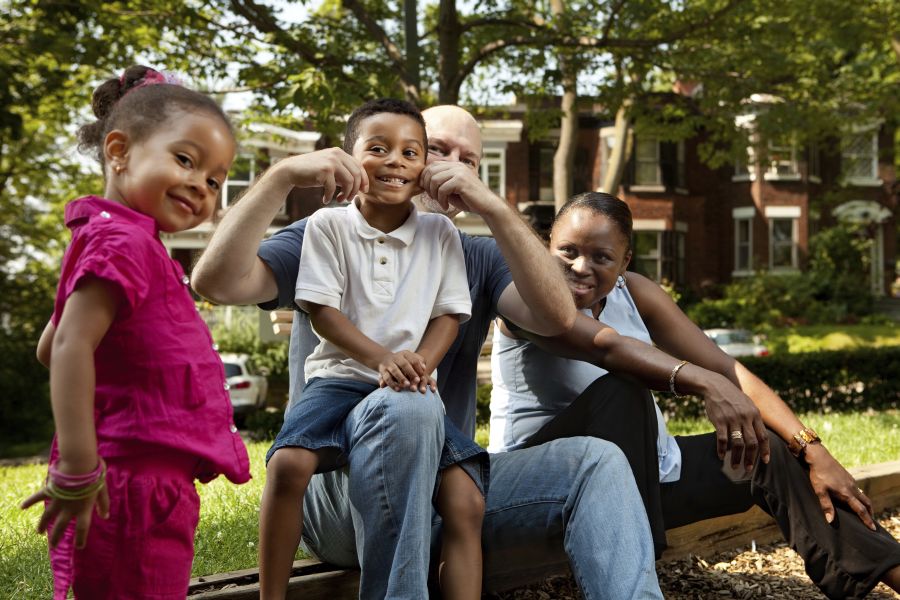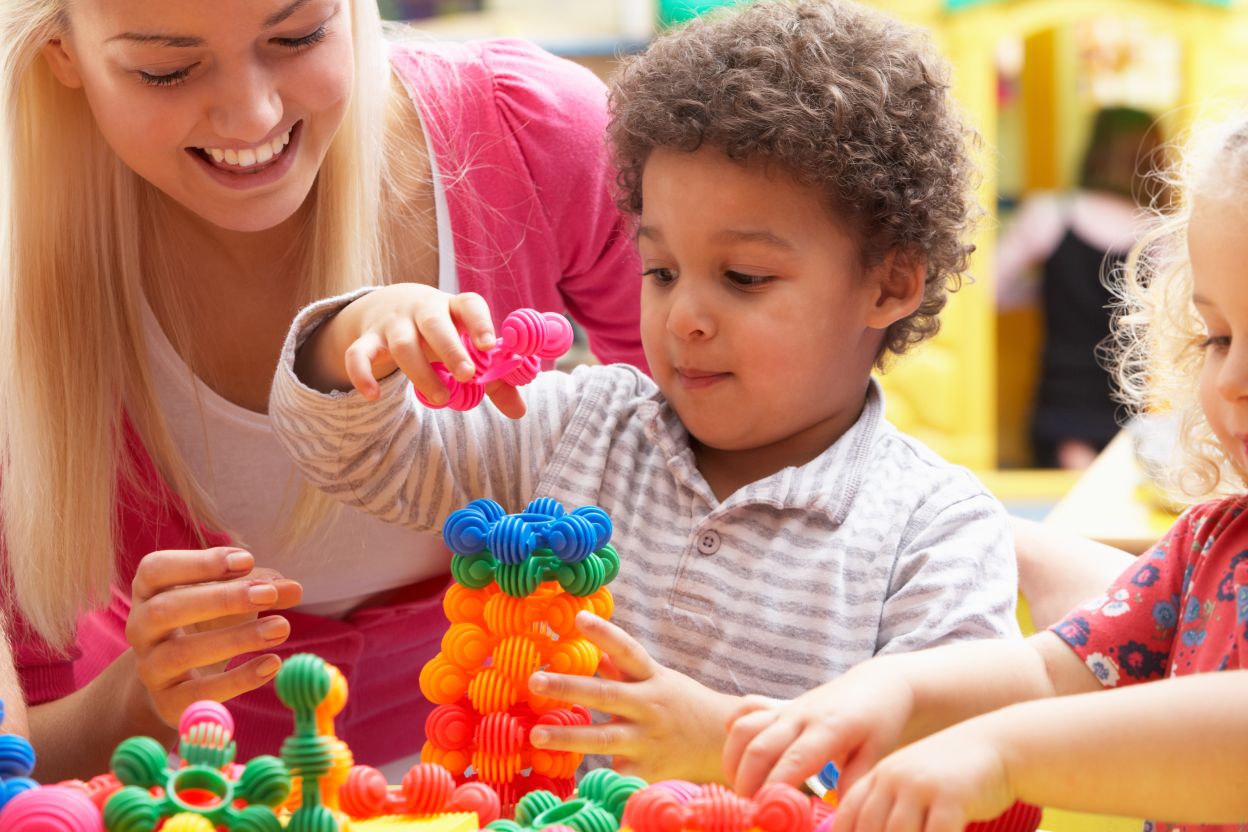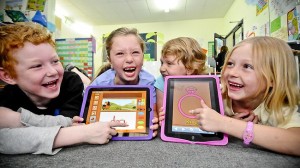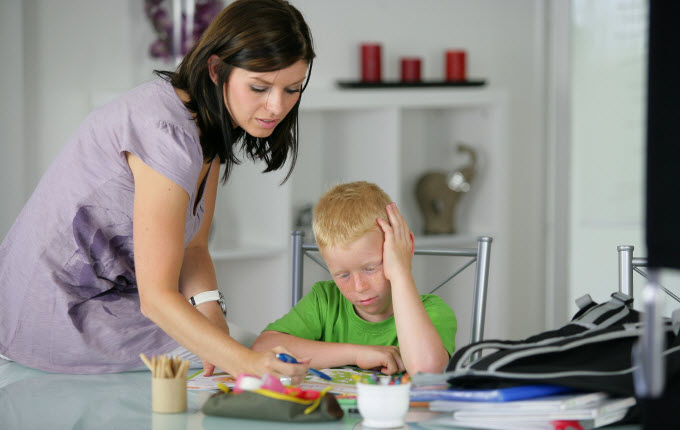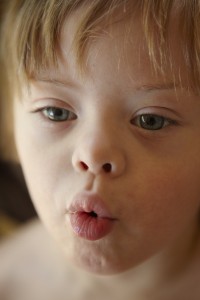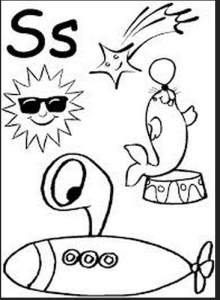Often, we are asked for suggestions on how to teach the sound of “th.” While Speech Buddies offers tools to help overcome many speech difficulties and articulation disorders, we do not have a tool for the sound of “th.” This is what we offer parents who are looking for help teaching their children to correctly pronounce the “th” sound. Continue reading
6 Songs For Speech Therapy
At Home Ideas Parents' Corner Speech Disorders Speech Therapy Ideas Speech Therapy TechniquesDo you have a little Stevie Wonder on your hands? Lady Gaga? Do you hear singing at all hours of the day? If so, you know that singing and songs are a significant part of your child’s life. In fact, many children sing more than they talk! Through singing and song, children can actually achieve improved articulation skills, just from belting it out. Even simple children’s nursery rhymes can help develop pronunciation and articulation skills. For children who need any type of speech and language therapy, music is essential. It is motivating, familiar, rhythmic, stimulates a variety of senses and most of all – FUN!
Continue reading
10 Simple Steps for Smooth Speech
Parents' Corner Speech Errors Speech Therapy Techniques
10 Simple Steps for Smooth Speech Image source: Screenrant.com
“Smooth Speech” is also referred to as Fluency, but what exactly does that mean? It’s a term used in Speech Pathology that means smoothness or flow in which sounds, syllables, words and phrases are joined together. While there are many types of fluency — including language fluency, reading fluency, or fluency in reference to speaking a foreign language — speech fluency refers to the ability to speak smoothly and easily.
How to Develop Correct Speech Habits at Home
At Home Ideas Language Development Parents' Corner Speech Disorders Speech Therapy Techniques
You Can Help Develop Correct Speech Habits at Home. Image source: blogs.trb.com
Whether or not your child has been diagnosed with a speech sound disorder, there are many things you can do at home to help develop correct speech habits. You can even start developing these habits when your child makes his first babbles! Every child develops at a different rate and there is a wide range of what is considered normal in a child’s language development. You can take an active role in helping encourage your child’s speech and language development, just by adding a few easy steps into your daily routine.
What’s your Learning Style? New Science behind s-sound Articulation
Pronunciation & Lisps Speech Therapy TechniquesOur Seal Speech Buddy took center stage in a recent study published in the Pennsylvania Speech & Hearing Association journal, and the results are in. After only 4 hours of speech therapy, students using Speech Buddies were pronouncing 75% of their s-sounds correctly while students using traditional visual and auditory cues, pronounced only 45% of their s-sounds correctly.
Turns out, the secret to s-sound articulation is “learning styles.”
Continue reading
The Best Apps for Apraxia of Speech In Children
Apps Parents' Corner Speech Therapy TechniquesAs we discussed in an earlier blog, Apraxia of speech in children, or Childhood Apraxia of Speech (CAS) is a motor speech disorder where the child has a problem saying sounds, syllables and words. She knows what she wants to say, but her brain has difficulty coordinating the muscle movements necessary to say those words. Many children are able to hear the words, and are able to understand what they mean, but they can’t turn what they hear into the fine-motor skill of combining consonants and vowels to form words. Fortunately, apraxia of speech in children is usually treatable with appropriate techniques.
6 Questions to Ask Your Speech Therapist About Apraxia of Speech in Children
Apraxia Language Development School Speech Disorders Speech Therapy TechniquesWe’ve been discussing Apraxia of Speech in Children this month. If your child is exhibiting any of the characteristics associated with Apraxia of Speech, also known as developmental (DAS) or childhood apraxia of speech (CAS), you will need to make an appointment with a speech language pathologist. Because apraxia of speech is a communication disorder, the most qualified professional to help diagnose and treat your child is an SLP. While your pediatrician may help with other medical issues related to apraxia of speech, speech language pathologists have undergone extensive study and certification to accurately evaluate and treat speech disorders.
Developmental Apraxia of Speech – An In Depth Look
Articulation Disorders Language Development News Parents' Corner Speech delay Speech Disorders Speech Therapist Speech Therapy TechniquesA is for Apraxia. On Monday, we took at look at Apraxia of Speech in children. Specifically, we outlined the types of apraxia of speech and related symptoms. The most common type of apraxia of speech in children is developmental, which means it is a neurologically based speech disorder. While some children with Developmental Apraxia of Speech (DAS) had specific prenatal or birth injuries, for the most part, there is no specific cause of DAS. This month, we will plan to take a look into the subject of Apraxia of Speech in children in more depth.
Apraxia of Speech in Children – What You Need to Know
Language Development News Parents' Corner School Speech delay Speech Disorders Speech Therapist Speech Therapy TechniquesWhat is Apraxia of Speech in Children? With apraxia of speech, a person finds it difficult or impossible to move his or her mouth and tongue to speak. This happens, even though the person has the desire to speak and the mouth and tongue muscles are physically able to form words. Childhood apraxia of speech (CAS) is a motor speech disorder, where the child has a problem saying sounds, syllables and words. She knows what she wants to say, but her brain has difficulty coordinating the muscle movements necessary to say those words.
S is for Spring, not Lisp! Speech Sheets for the ‘S’ Sound
Articulation Disorders At Home Ideas Language Development Lisp Parents' Corner Pronunciation & Lisps Speech Disorders Speech Therapy Techniques
Spring has sprung, and what better time to practice those “s” sounds! Did you know that the “s” sound is one of the most mispronounced sounds in the English language? According to Pronunciation Workshop, approximately half of all “s” sounds in English are pronounced as a letter “z” or “th.” For a child with a speech impediment, the “s” sound proves particularly challenging. Common in articulation disorders, a child drops the “s” sound all together such as “and,” instead of “sand”. Or a child may mispronounce the “s” sound at the beginning or end of a word, giving him a lisp.


